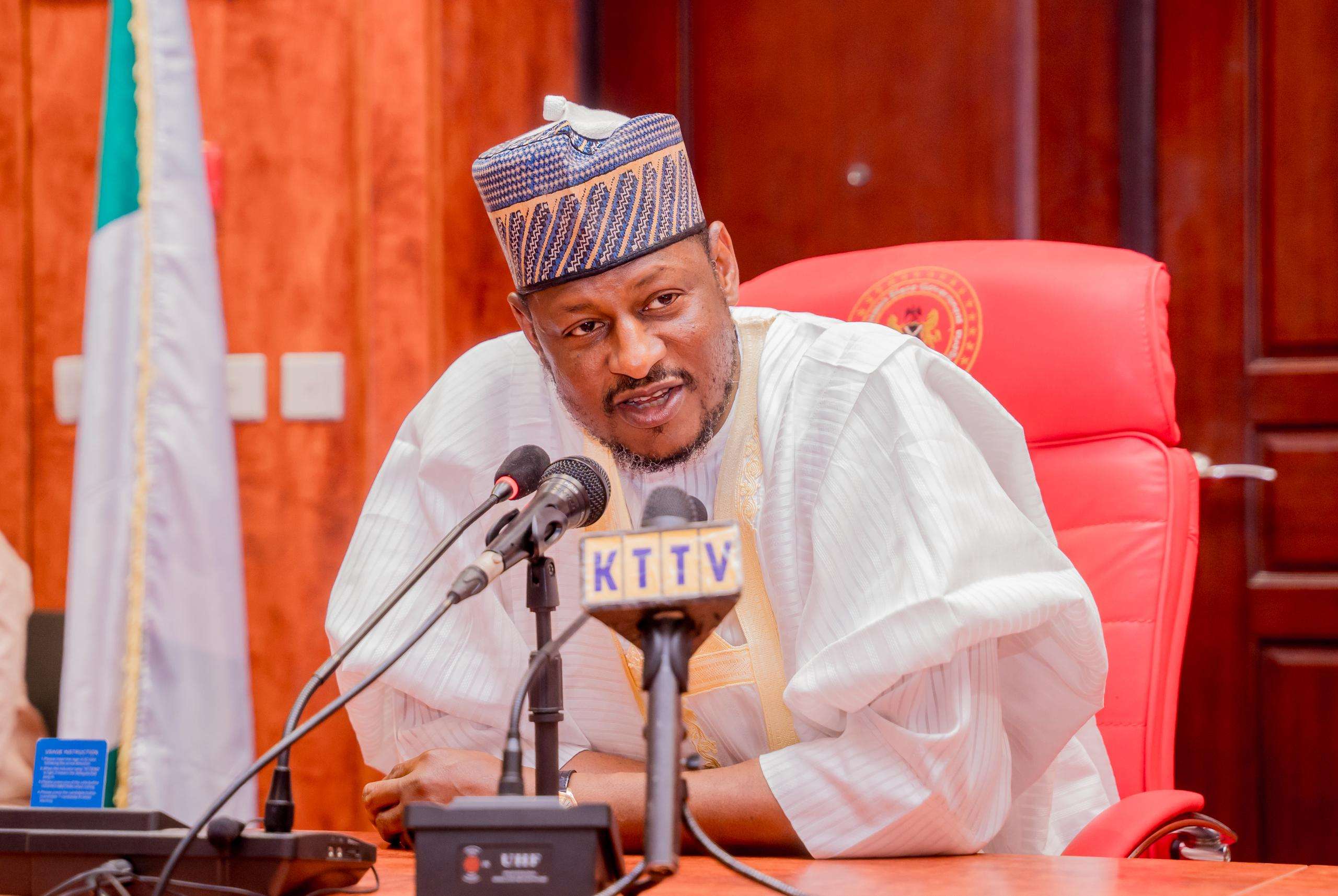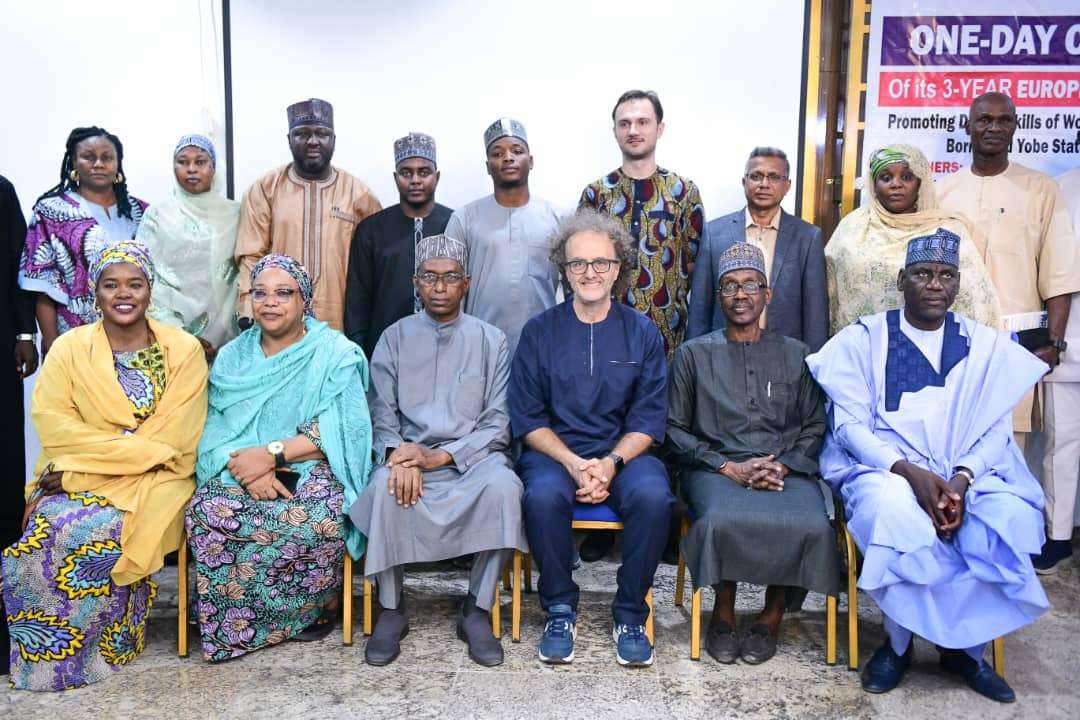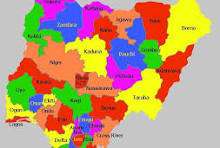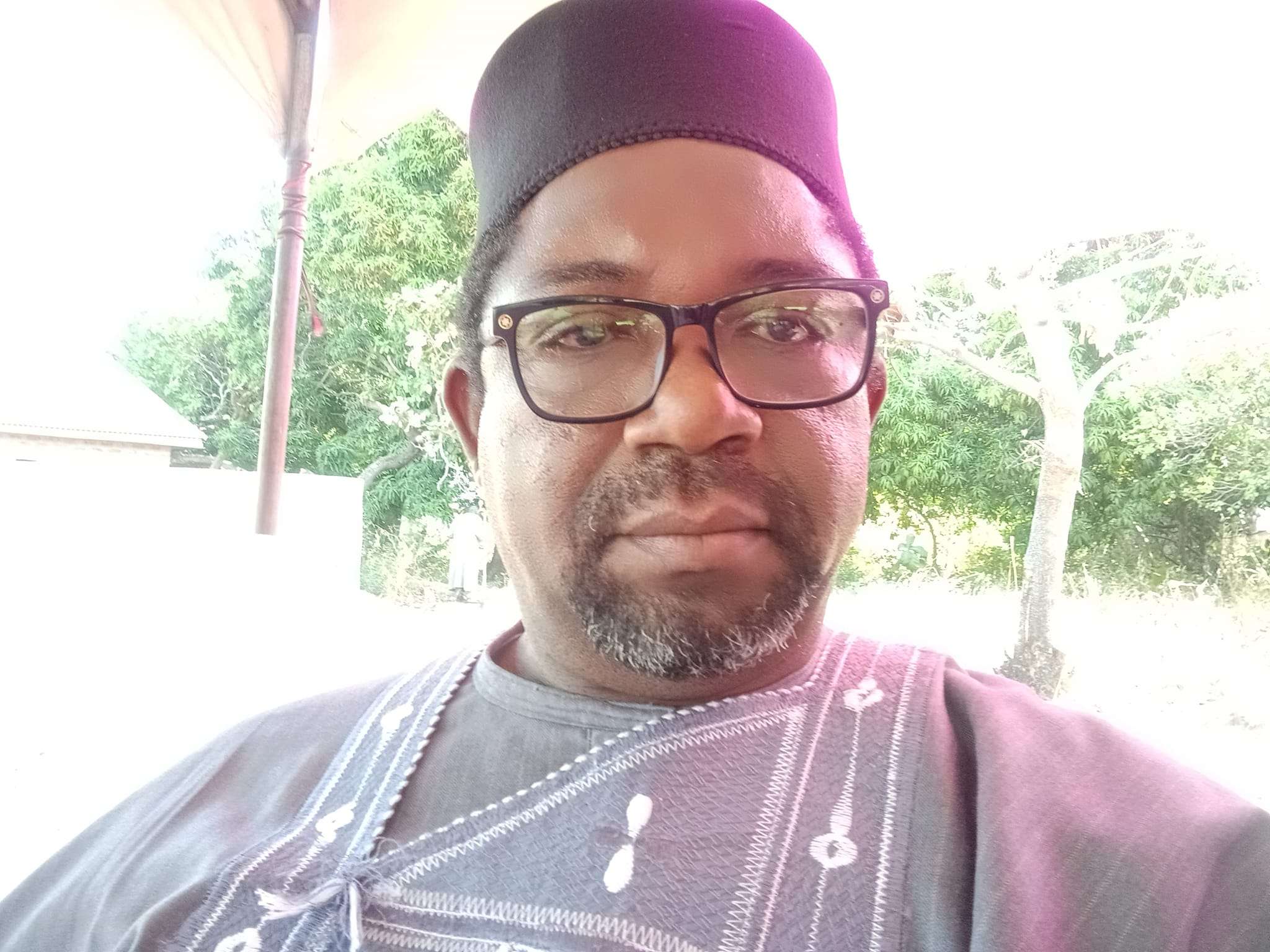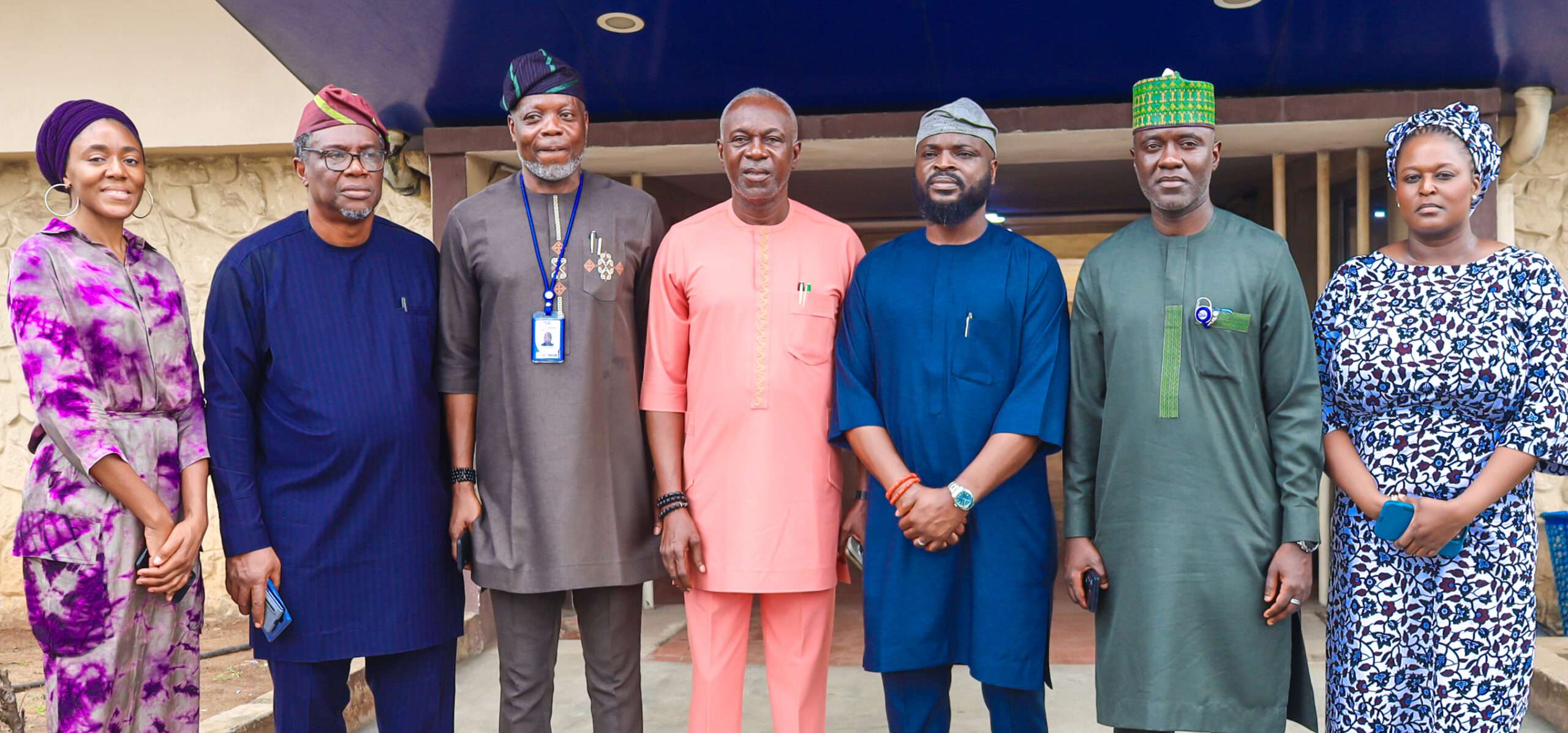By Lemmy Ughegbe, Ph. D
Following Chief Edwin Kiagbodo Clark’s death announcement on February 17, the nation has been filled with tributes and reflections. He has been depicted by many as a virtuous paragon, a flawless saint. This is not surprising, given the Nigerian tradition of not speaking ill of the dead. Despite respecting this tradition, a true tribute to Chief Clark’s legacy necessitates acknowledging his remarkable strengths and imperfections. That is precisely what one seeks to do by delving into this commentary.
Undoubtedly, the death of Chief E.K Clark, at 97, marks the end of an important era in Nigerian socio-political history. Clark, a tireless advocate for the Niger Delta, dedicated his life to justice, equity, and good governance. His considerable influence on Nigeria’s political and developmental course left a permanent mark, spanning many decades. His name remains synonymous with activism, political engagement, and the fight for a more equitable Nigeria.
From his birth in Kiagbodo, Delta State, on May 25, 1927, Clark felt a strong responsibility towards his community. He became a lawyer, politician, and nationalist through his career in public service. His education and early experiences in governance shaped his determination to fight for those who lacked a voice. As Commissioner for Education and later Information Minister under General Yakubu Gowon, he had a significant impact on national policy. During his tenure, he championed policies that promoted inclusion and fair representation. His later years, spent as an elder statesman, saw his voice carry significantly more weight. He passionately championed the Niger Delta people’s rights, advocating for fair treatment, resource control, and environmental justice in a historically neglected region vital to Nigeria’s economy.
Clark’s aggressive drive to control resources significantly contributed to the creation of organisations such as the NDDC and the Amnesty Programme, designed to resolve the region’s issues. A firm believer in true federalism, national unity, and good governance, he was. He was both admired and despised for his skill in rallying support for the Niger Delta cause. Despite the dangers, he persistently challenged authority on issues of corruption and poor governance by speaking the truth. While his outspokenness made him controversial, his bravery was undeniable. Unafraid of powerful political figures, he criticised policies he viewed as unjust or exploitative.
Many Nigerian leaders admired his steadfastness. Former President Olusegun Obasanjo described him as “a man of great conviction, whose voice could not be ignored.” Although Obasanjo and Clark held differing political views, he recognised Clark’s vital role in advocating for marginalised groups. Another former Nigerian President, Dr Goodluck Ebele Jonathan, a Niger Delta native like Clark, described him as a father, mentor, and champion of the people, commending his consistent support of the region. Similarly, Nobel laureate Wole Soyinka praised Clark for his persistent fight against injustice, stating that Nigeria required more leaders like him—brave and forthright in their quest for justice. Okowa stated, “He was a strong advocate, preventing the region from being overlooked.”
Besides his regional efforts, Clark also displayed an uncommon commitment to national unity. At his book launch, Brutally Frank, General Yakubu Gowon shared how he (Clark) sent his daughter to school in the Southeast after the Nigerian Civil War, a symbolic act of reconciliation amidst lingering distrust. In doing so, Clark embodied reconciliation, showcasing his firm conviction in the necessity of national healing and togetherness. This act of unity showed that despite his focus on the Niger Delta, he did not see his struggle as an isolated one. He believed in the need for a truly united Nigeria, where every ethnic group had a fair chance at development.
However, Clark was not impervious to criticism. Some argued that he showed partiality toward the Niger Delta, neglecting national cohesion, thus exhibiting regional bias. Former President Muhammadu Buhari recognised Clark’s statesmanship, but labelled his methods “occasionally divisive,” suggesting his uncompromising Niger Delta positions possibly alienated other regions. Yet, it is ironic that Buhari, who is viewed by many as one of Nigeria’s most divisive and ethnocentric leaders, would raise such a concern. Even prominent northern leader, the late Maitama Sule, criticised Clark for excessive regionalism, claiming his rhetoric exacerbated ethnic and regional tensions rather than promoting unity. President Bola Ahmed Tinubu had shared similar views several years ago, praising Chief Clark’s dedication to his people, while yet noting that his aggressive approach sometimes hindered productive conversations. Critics implied regional interests, more so than national priorities, guided his political endorsements.
His critics questioned his political endorsements, claiming excessive alignment with certain administrations. Some believed a more detached, paternal political role would have been more fitting for him in Nigeria, instead of his active involvement in partisan conflicts. His supporters, however, maintain his position was based on conviction, believing he backed leaders who would truly serve his people’s interests.
Despite these criticisms, his impact remains undeniable. Brutally Frank offers an unflinching examination of Clark’s life, exploring both his triumphs and flaws. He ardently desired a reformed Nigeria with equality for all, stating, “I will relentlessly pursue this dream until my last breath.” This introspection underscores his self-awareness and commitment to the nation’s progress. His memoir provides a detailed account of the struggles, betrayals, and triumphs he experienced in his decades of activism.
As Nigeria mourns the departure of this monumental figure, it is imperative to reflect on his contributions with both reverence and candour. His lasting impact proves that real leaders show conviction, courage, and total dedication to their people. Though Chief Edwin Kiagbodo Clark is gone, his dedication to justice and strong beliefs will inspire many in the years to come. He impacted far more than just politics; his ideas also influenced conversations about governance, leadership, and activism’s role in Nigeria’s democracy. In Nigerian history, his importance remains undeniable.
The legacy of Chief Edwin Kiagbodo Clark reminds us of the power of resilience, the necessity of advocacy, and the importance of national unity. His tireless struggles for a better Niger Delta and Nigeria will not be forgotten. He leaves behind a nation still grappling with many of the issues he fought against—inequality, mis-governance, and the marginalisation of certain regions. Future generations of Nigerian activists, politicians, and citizens will remember his fight for justice and his lasting contributions to a fairer Nigeria.
So long, Chief Edwin Kiagbodo Clark. Your legacy will endure.
Lemmy Ughegbe, Ph.D, a journalist, media scholar, critic and development communication expert, writes from Abuja Email: lemmyughegbeofficial@gmail.com
WhatsApp ONLY: +2348069716645
